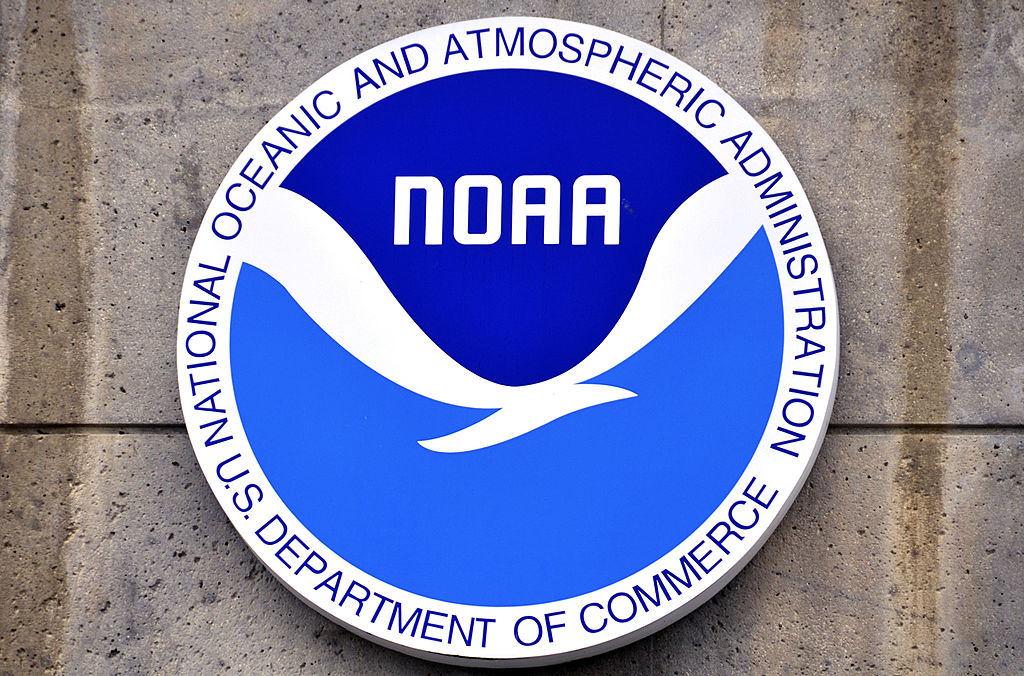Inflatable bounce houses seem to pop up like magic at birthday parties for children of a certain age. Someone arrives with a lumpy load of plastic and an electric air pump and before you can stuff a pinata, a bounce house is filled with, well, bouncing kids.
It happens across the country, rarely with any injury. "They are air bags, after all," one parent observed. "What better padding is there?"
But many parents' eyes were opened over the weekend by what happened to the bouncers set up for kids on the grass next to a soccer field on New York's Long Island. It was a windy day, and at one point powerful gusts suddenly picked up three bounce houses, with children inside them, and sent them flying. One girl suffered a rope burn on her neck, but fortunately there were no serious injuries.
A month ago in Van Nuys, there was another type of bounce accident. A slide collapsed after eight kids tried to slide down, all at the same time. Of course, the rules said one at a time. But kids don't always read the rules. And no grown-up stopped them.
Nationwide, federal officials count about 6,000 bouncer injuries each year, some resulting in broken bones. In many cases, the injuries stem from rough play and youngsters falling on each other.
Some of the incidents involve flyaways in strong wind. It doesn't happen that often, but when it does, Sam Bagumyan cringes.
"It's a big concern for us as a manufacturer," says Bagumyan. "We try very hard to educate."
U.S. & World
Bagumyan's Burbank company, Magic Jump, manufactures bounce houses, and a sister company rents them by the day, generally for kids parties. Bagumyan says Magic Jump takes pride in its safety record. And a big part of that is making sure that installers and customers know some basic safety rules.
"Making sure the products are properly anchored down and how the riders use them," is most important, said Bagumyan. He emphasizes there must always be adult supervision.
And when the wind gets up to 20 miles per hour, Bagumyan says it does not matter how well tied down the bouncer may be--it should be shut down. Such a warning comes in the owner's manual for every Magic Jump Bouncer.
Observing the 20 mile per hour rule might have prevented the flyaways captured on video on Long Island and elsewhere.
Bagumyan laments that some of the imported bounce houses are not up to the same standards as those made stateside. He notes that the industry is largely unregulated, except in New Jersey, where state safety officials must approve a bounce house design, and each unit is subject to annual inspection.
Unlike other outdoor amusements, inflatables are not regulated by California's Dept. of Industrial Relations, according to spokesman Dean Fryer. "The legislature has not given us jurisdiction," Fryer said.
Businessmen are supposed to dislike regulation, but Magic Jump's Bagumyan is one who thinks some outside oversight would be a good thing for his industry here in California. Among other reasons, he thinks it could discourage cut-rate competitors from cutting corners.
"We feel very strongly about this," Bagumyan said. ""I've spoken to several people in California and to legislators about this."
But there is no groundswell of demand for regulation from the public, no doubt a reflection of the fact the injury rate is so exceedingly low, considering the millions of children who bounce in countless thousands of bounce houses every year. It is nothing like the backyard trampoline craze half a century ago that was ended by a string of injuries and escalating insurance rates. Unlike bouncers, those old style trampolines did not come with built-in air bags.
Parents at a Burbank park remarked that bouncers appear to them to be no more dangerous than a typical playground's swings and slides. A informal survey brought forth only one incident report--a bouncer that lost power unexpectedly and deflated on top of children inside. Christina Chavarria made her way in to rescue her unnerved but unharmed three year old.
"Besides the power going out, I don't think it's rocket science," said Chavarria. "I mean, parents should watch their children."



